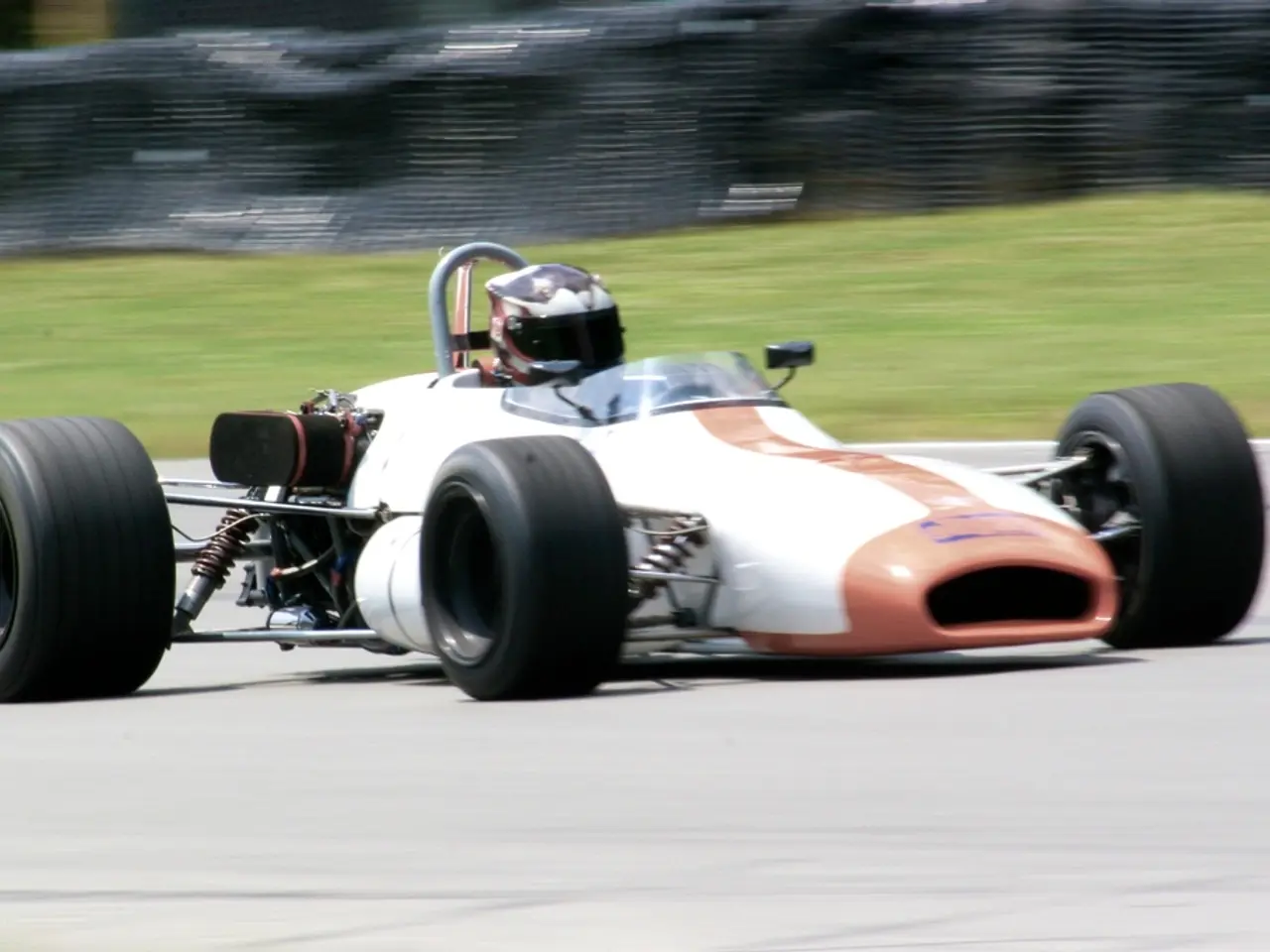Panasonic's High-Performance Compute system and Klipsch audio systems showcased at INFINITI event during CES
Panasonic Automotive Systems Company of America has announced the development of a groundbreaking High-Performance Compute (HPC) system named NeuronTM. This innovative system is designed to address the rapidly evolving mobility needs for software-defined vehicle advancements.
The NeuronTM HPC system is set to revolutionize the automotive industry by offering a scalable, configurable, and future-proof solution. It can aggregate multiple computing zones, reducing cost, weight, and integration complexity in vehicles. This makes it suitable for various mobility platforms, including internal combustion engine, hybrid, fuel cell, or electric vehicles.
Andrew Poliak, CTO of Panasonic Automotive Systems Company of America, stated that NeuronTM maximizes performance, safety, and innovation over the entire ownership of the consumer's vehicle. The system's design is upgradeable, scalable, and future-proof across today's evolving in-vehicle platforms.
The NeuronTM HPC architecture enables upgrading to newer technologies and standards when they are available for automotive use. It incorporates a streamlined design that consolidates multiple Electronic Control Units (ECUs) into one centralized nucleus to handle various Advanced Driver-Assistance Systems (ADAS), chassis, body, and in-cabin infotainment features.
Moreover, the NeuronTM HPC integrates various specialized computing processors like GPUs for visuals and neural processors for AI into one centralized unit. This unit can distribute computing across these processors for various functions, offering a solution for centralized computing and distributed processing.
The NeuronTM HPC also boasts a liquid cooling design that can dissipate up to 1000W of heat. It is designed to be cyber-secure, utilising VERZEUSETM, a suite of cyber security technologies and services offered by Panasonic Automotive, providing security against cyber-attacks.
In addition, the NeuronTM software platform development is cloud-native, with the use of vSkipGenTM - a cloud-based development platform for ECU and vehicle development. This approach allows for software updates, upgrades, and hardware upgrades across platform lifecycles.
The collaboration between Panasonic Automotive Systems Company of America and INFINITI is also noteworthy. The QX Monograph concept vehicle, previewing the exterior of the all-new 2025 QX80, is featured at Panasonic's booth at CES 2024. The all-new 2025 QX80 is set to debut later this spring, with the first listening opportunities in the production vehicle scheduled for later in 2024.
Panasonic Automotive Systems Company of America and INFINITI have also announced the integration of a segment-exclusive Klipsch Reference Premiere Audio System on the all-new 2025 QX80. This system is expected to deliver an exceptional audio experience for the vehicle's occupants.
The NeuronTM HPC could reduce the number of distributed electronic control units (ECUs) by up to 80%. This reduction in the number of ECUs not only makes the system more cost-effective but also improves the overall efficiency of the vehicle.
In conclusion, the NeuronTM HPC represents a significant leap forward in automotive technology. Its innovative design, scalability, and future-proof capabilities make it a promising solution for the rapidly evolving mobility landscape. The upcoming debut of the all-new 2025 QX80, featuring the NeuronTM HPC, promises to be an exciting event in the automotive industry.
Read also:
- Fructose Market Forecasted to Exceed $8.1 Billion by 2034
- Senate Tillis under spotlight in North Carolina as IRA tax incentives remain uncertain
- projected growth for the natural acetoin market: $291.6 million by 2034
- Aston Martin could potentially fit the Valkyrie race car with a straight pipe exhaust system.








